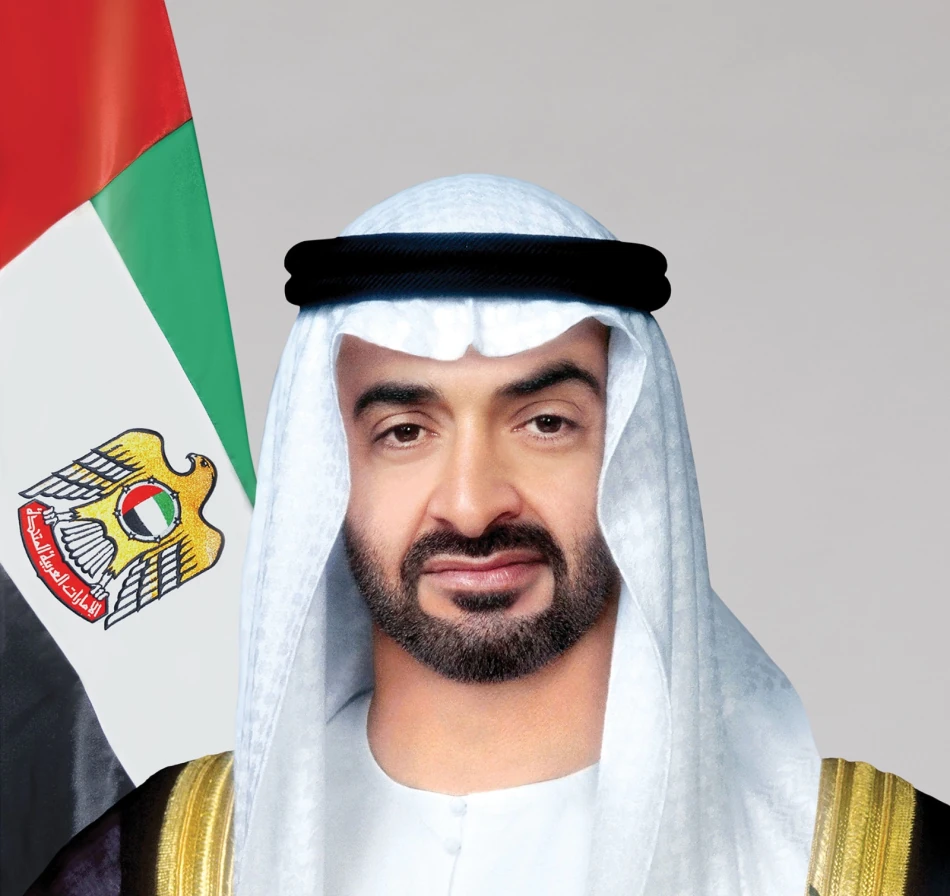
UAE President and Hungarian PM Discuss Strengthening Bilateral Cooperation in Budapest
UAE-Hungary Partnership Deepens as Sheikh Mohamed bin Zayed Visits Budapest
The UAE is strengthening its European footprint through expanded cooperation with Hungary, as President Sheikh Mohamed bin Zayed Al Nahyan met with Hungarian President Tamás Sulyok to discuss enhanced partnerships in renewable energy, trade, and investment. The high-level diplomatic engagement signals the UAE's continued strategy to diversify its global partnerships beyond traditional allies, while Hungary seeks to attract Gulf capital for its economic transformation.
Strategic Timing Behind the Diplomatic Push
The official visit comes at a pivotal moment for both nations. The UAE, flush with oil revenues and seeking to position itself as a global hub for renewable energy and technology, is actively courting European partners who can provide advanced manufacturing capabilities and market access. Hungary, meanwhile, represents an attractive gateway to the European Union for Gulf investors, offering competitive labor costs and strategic geographic positioning.
During their meeting, both leaders emphasized their commitment to expanding bilateral relations across multiple sectors, with particular focus on renewable energy cooperation – a natural fit given the UAE's massive solar investments and Hungary's push to reduce energy dependence on Russia.
Economic Implications for Both Nations
UAE's European Strategy
This partnership reflects the UAE's broader European engagement strategy, similar to its successful relationships with countries like Germany and the Netherlands. The Emirates has been systematically building ties with EU member states that can serve as launching pads for its sovereign wealth funds and state-owned enterprises seeking European market exposure.
The focus on renewable energy collaboration is particularly significant, as the UAE aims to export its solar expertise developed through projects like the Mohammed bin Rashid Al Maktoum Solar Park, while potentially accessing Hungarian manufacturing capabilities for clean energy components.
Hungary's Gulf Pivot
For Hungary, deeper UAE ties represent part of Prime Minister Viktor Orbán's "Eastern Opening" policy, which seeks to reduce economic dependence on traditional Western partners. The country has already attracted significant Chinese and South Korean investment in electric vehicle manufacturing, and Gulf capital could further accelerate its industrial modernization.
Hungarian officials likely view UAE investment as less politically sensitive than Chinese capital, while still providing access to the massive purchasing power of Gulf sovereign wealth funds.
Investment Opportunities on the Horizon
The diplomatic groundwork laid during this visit could translate into concrete investment flows in several key areas. Hungary's automotive sector, which already hosts major manufacturers like Mercedes-Benz and BMW, could attract UAE investment in electric vehicle supply chains. The country's growing technology sector, particularly in fintech and logistics, aligns with the UAE's own digital transformation priorities.
Additionally, Hungary's geographic position makes it an ideal location for UAE companies seeking to establish European distribution centers, potentially competing with established hubs in the Netherlands and Germany.
Broader Geopolitical Context
This partnership also reflects shifting global alliances in an increasingly multipolar world. The UAE's engagement with Hungary demonstrates how middle powers are forging new relationships that transcend traditional bloc politics. While maintaining strong ties with the United States and other Western allies, the UAE is simultaneously building bridges with countries like Hungary that may have different approaches to global governance.
The emphasis on cultural exchange mentioned in the discussions suggests both nations recognize that sustainable partnerships require more than just economic ties – they need deeper people-to-people connections that can weather political changes in either country.
As Sheikh Mohamed bin Zayed noted in the guest book, the UAE-Hungary relationship is witnessing "remarkable development," setting the stage for what could become a model for Gulf-Central European cooperation in the years ahead.
Most Viewed News

 Sara Khaled
Sara Khaled






